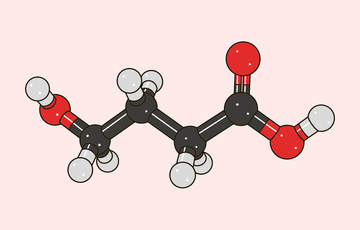Ketamine has many facets. Used as a hallucinogenic drug from the 1990s, it is commonly used in surgery for anesthesia to maintain narcosis. In the field of medicine, the molecule has played a role in the treatment of depression for some years. “The substance is effective in combating severe depression. We administer it either intravenously or by nasal spray.” The second option has been recognized by health insurance since 2022, while the first alternative still follows off-label use, that is to say, according to a prescription of the drug not yet officially recognized. “Ketamine can target a wider spectrum of neuronal receptors than commonly prescribed antidepressants.”
Obviously, the management of depression with ketamine cannot be considered without a comprehensive therapeutic follow-up. Also, it is not a type of treatment that can be taken at home. “At CHUV, outpatient care was developed with the psychiatrist Marie-Thérèse Clerc. When someone is given ketamine, either intravenously or nasally, they are surrounded by a dedicated team that makes sure everything goes well.”
Unlike the hallucinogenic drug when used as a festive drug or as an anesthetic sleep inducer, the recommended dosage for treating depression can be felt. “It is possible to experience a slight dissociation in a dreamlike fashion. However, the quality of the experience with the substance has nothing to do with therapeutic efficacy.” Regarding the fear of a potential addiction, Kevin Swierkosz-Lenart is reassuring: “Based on current knowledge of the molecule in the treatment of depression, there is no major risk.”
Kevin Swierkosz-Lenart is the Head of the Interventional Psychiatry Unit in the University Service for Advanced Age Psychiatry (SUPAA), which is led by Armin von Guten at the CHUV.
Marie-Thérèse Clerc is a senior physician in the SUPAA.


